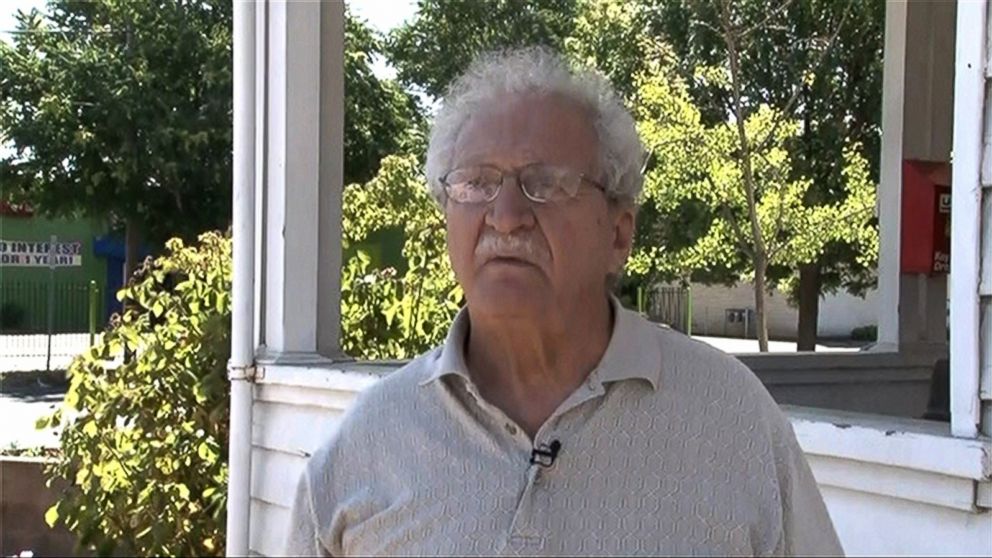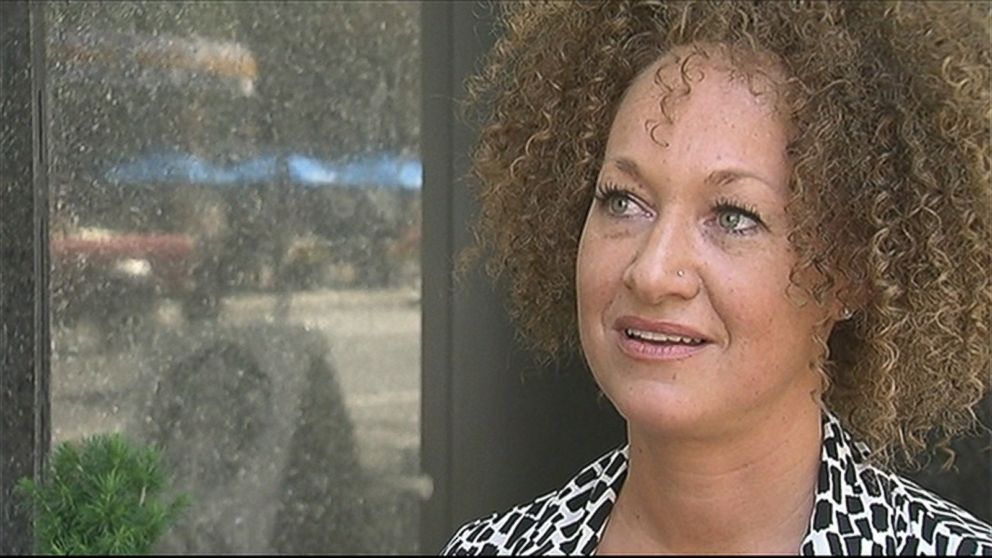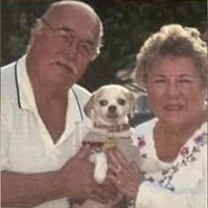Rachel Dolezal Isn’t the Only White Person Who Claimed to Be Black
And "I consider myself black" now, Mark Stebbins, 72, says.
— -- Rachel Dolezal isn't the first white person to self-identify as black in the public eye.
Mark Stebbins, born to two white parents, according to ABC affiliate KXTV in Sacramento, California, told people he was black as a City Council candidate in Stockton in 1983.
When asked whether he still views himself that way, Stebbins, now 72, said yes.
"I consider myself black," Stebbins told ABC News today. "But also there is no such thing. But I want you to know that, there is, within that construct, there is a side that's against racism, so I'm on that side."

When asked whether his parents were white, Stebbins said today, "I don't know,” although his birth certificate identifies his parents as white, according to an ABC News report from 1984.
"The whole idea of white and black is not a reality. There's no such thing," he said. "We have made in the United States that sort of racial construct that doesn't exist. It's like saying the world is flat. It's just a myth. Whatever race you consider yourself, you're not. That kind of construct, it doesn't work."
Ralph White, the black incumbent city councilman Stebbins defeated in the 1980s, said at the time: "If your mother's an elephant and your father's an elephant, you can't be a lion,” according to KXTV.
White, whom ABC News has been unable to reach, reportedly claimed at the time that the district would not have elected Stebbins if voters had known he wasn’t black.
But Stebbins said today his race wasn’t an issue for him until he was asked specifically during the 1983 campaign whether he was white or black, which forced him to address the matter. "The only reason I say that [I consider myself black] is because, again, you have a racial construct that isn't reality," he said.

Stebbins eventually lost his seat in a December 1984 recall election, after White said Stebbins had not adequately represented the district, ending Stebbins' term after about a year.
As for Dolezal, who this week resigned as president of the Spokane NAACP chapter after her parents said she is white, Stebbins said today, "I think it's a shame. She should not have resigned."
"I think the only reason that she did, or that the situation came up, is because she was effective in fighting some of the justice battles that were going on in Spokane. And because people were trying to get rid of her. They wanted to cut her effectiveness," Stebbins said.

"Any time you see this race issue coming up, and it being effectively addressed, then a lot of forces out there -- and there are certainly plenty in Spokane -- want to eliminate you as any kind of effective person fighting for justice. There are all kinds of ways to try to eliminate that fight. And from all accounts I've read, she was being effective," he added.
Bobby Bivens, 70, who has been president of the Stockton NAACP chapter for 18 years, said he met Stebbins in the ‘80s and that he has "been supportive of the branch the whole time that I've been in Stockton and president."
Stebbins, who said he has worked with the Stockton NAACP chapter since 1980, said he is involved because, "It's a group working to end racism and to obtain civil rights for all people. So it's a group working for justice in the United States."
"It used to be, they would take us to jail if we were picketing, if we were fighting for desegregation. It used to be they would beat us or take us to jail or do whatever to stop us," Stebbins said. "Now the tactics have changed, but they're no less effective."
Of the recent backlash against Dolezal, Stebbins says it includes people who say, "'You're not legitimately in this position so you shouldn't be doing this'" he said. "In order to legitimately fight for justice, the thought train goes, 'Then you have to legitimately be black. You can't be white in fighting for justice.'"
Kevin Cokley, a professor in the Department of Educational Psychology and the Department of African and African American Diaspora Studies at University of Texas-Austin, said people may be confused when someone claims they can “identify” with being black, though social scientists talk about race “as a social construct,” rather than biological.




